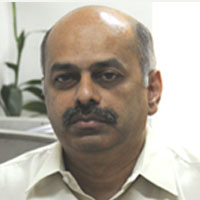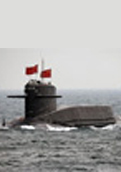Heavy Satellite Launch Vehicles: An Assessment
This brief has carried out an assessment of the launch vehicles used globally for launching of heavy satellites into the geostationary orbit. This assessment is mainly based on the comparison of the various features of different launch systems and the characteristics of the propellants put in use.
- Ajey Lele, Parveen Bhardwaj |
- February 19, 2014 |















